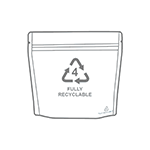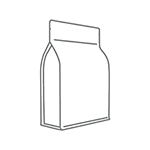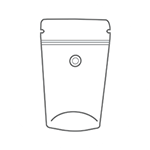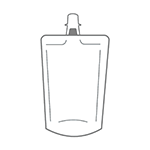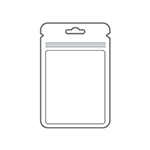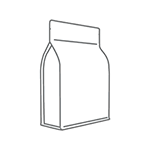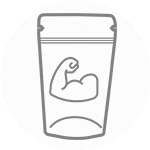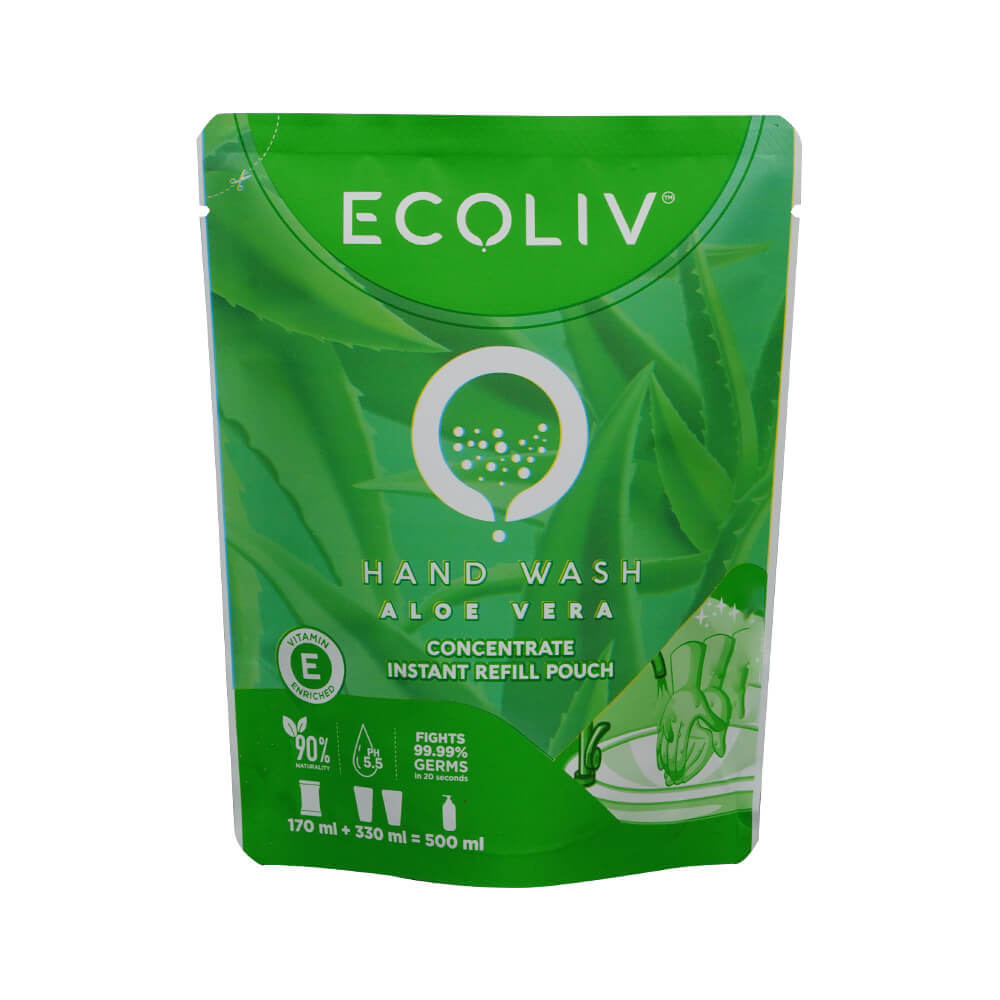
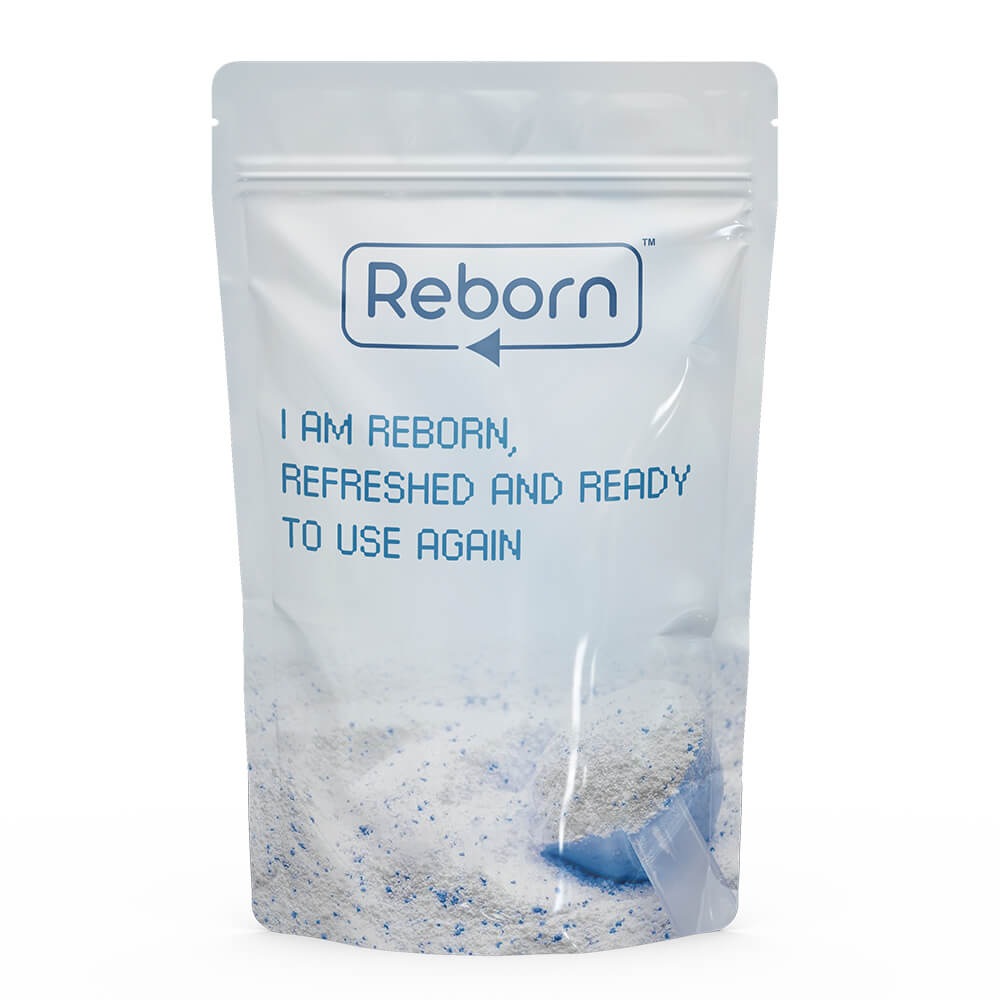
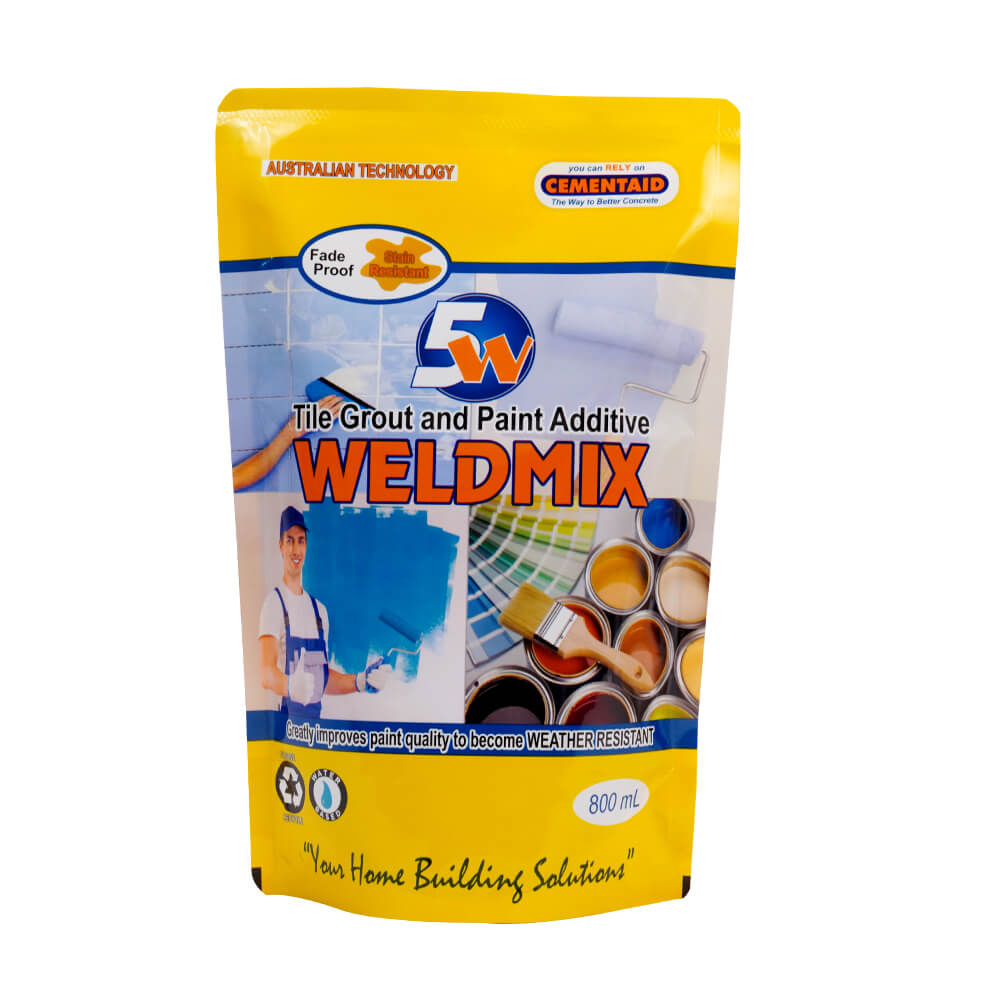
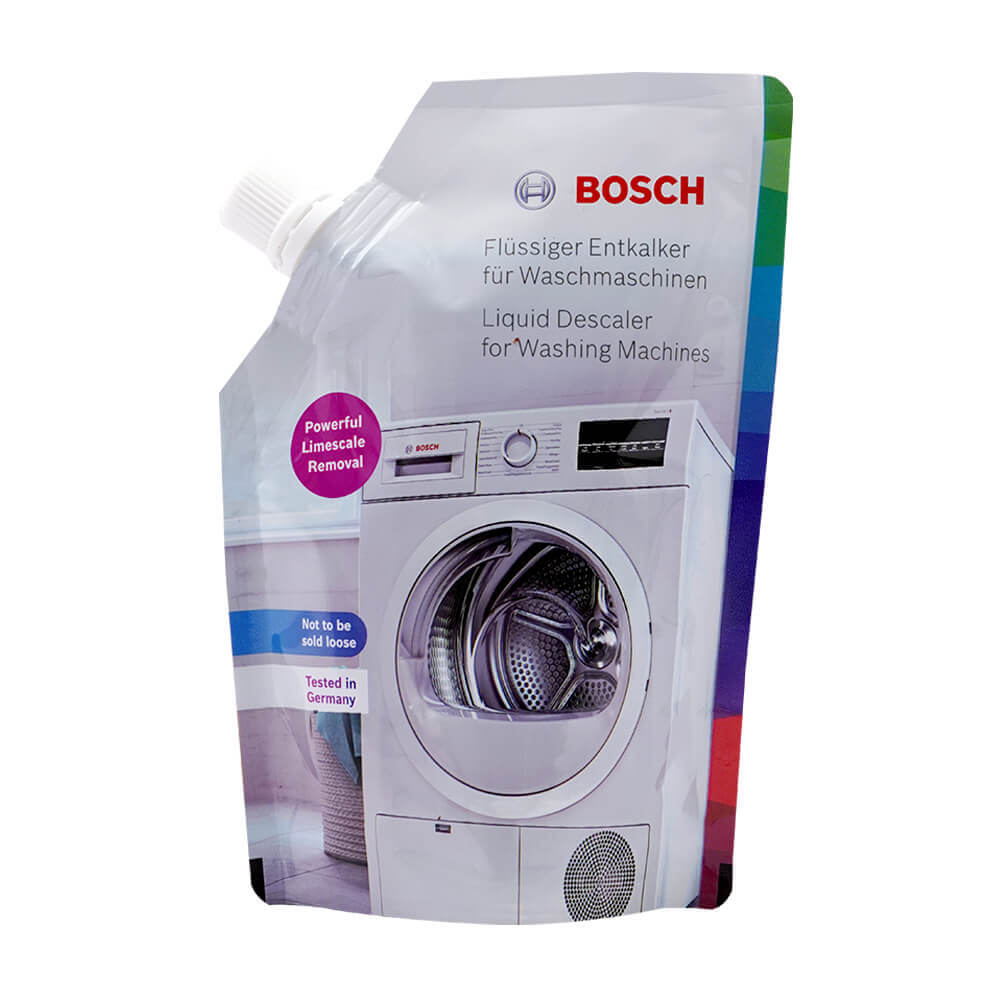
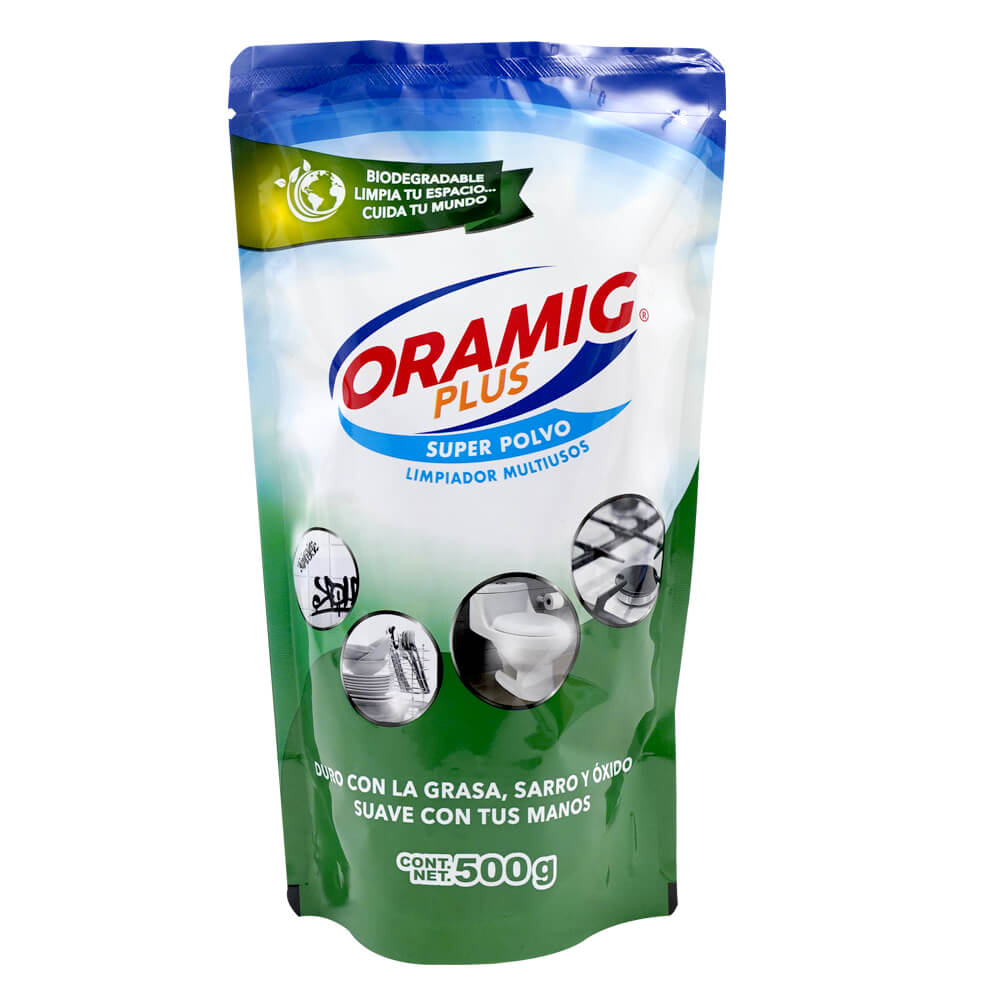
PCR Plastic Laminate
Pouch Direct’s 100% recycled LDPE film is made from post-consumer recycled (PCR) material. The carbon footprint is about 50% lower than that of traditional plastic produced from virgin fossil fuels. Not suitable for food contact.
Compatible Style






Compatible Printing Technologies
- Rotogravure
- Digital
- Static
- Sticker (Label)
Eco-Friendly Attributes

Fossil Fuel Conservation
Lowers the proportion of virgin fossil fuels

Reducing Carbon Emissions
lowers the overall amount of greenhouse gas emissions brought on by delivery and manufacture.

Regenerated plastic
Primarily composed of recycled plastic

Reusable plastic
Contains mostly recycled plastic content

Eco-Friendly Inks
Inks made of water or biomaterials that don't need solvents derived from petroleum
Considerations
- Fully biodegradable (or compostable) in both residential and commercial composting settings does not decompose into tiny pieces of plastic.
- Flexible packaging made of biodegradable materials contributes to the growth of a sustainable circular economy. This is especially crucial for flexible packaging because it’s a difficult area for mechanical recycling.
- The market demand generated by the growing usage of biodegradable materials will result in the construction of significant composting infrastructure.
- Enhances the use of sustainable plant-based resources and decreases dependency on fossil fuels.
- Encouraging the growth of a composting waste stream also aids in addressing the issue of food scraps, which contribute significantly to greenhouse gas emissions and are an excess of garbage sent to landfills.
- More costly than conventional virgin plastics.
- Most materials that can be composted are hygroscopic, which means they prefer to absorb moisture. This indicates that they have a short shelf life for goods that include a lot of moisture or oil.
- Composting rates are currently low, despite the amazing potential that compostable films and laminates provide to create a successful circular economy.
- Compostable bioplastics will eventually produce methane, a greenhouse gas that is significantly more harmful to the environment than carbon dioxide, if they wind up in a landfill.
- Regarding compostable materials, there is a lot of false information available, and there are no widely recognized certification and labeling guidelines.
Certifications

Global Recycled Standard
Swisspac Packaging is certified to the Global Recycled Standard (GRS), which verifies recycled content and tracks it from the source to the final product.
FAQ's
Yes they can. Pouch Direct’s recycled films and paperboard materials are recyclable. Recycled plastics are able to be recycled in either dedicated PE streams (#4) or via in-store collection systems such as Red Cycle. All recycled paper products are kerbside recyclable.


